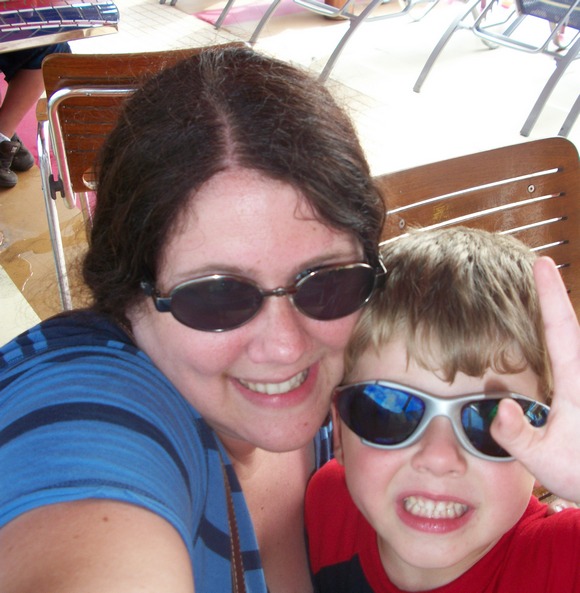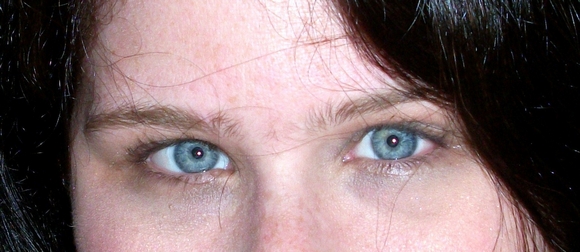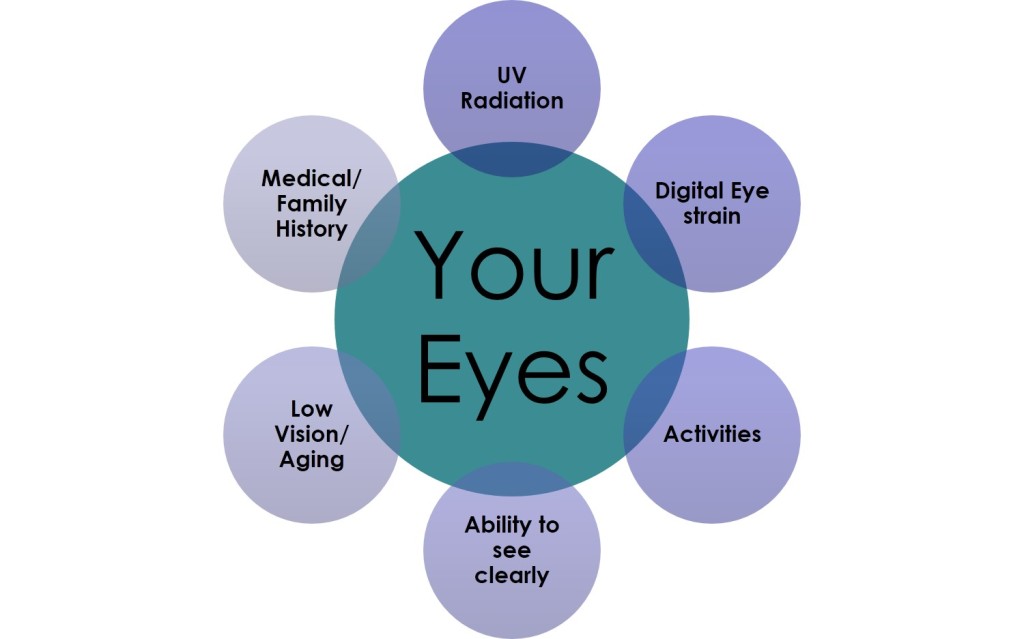This post is brought to you by The Vision Council to raise awareness about World Sight Day. All opinions are my own.
Of all the senses I have, I’m most scared of losing my vision. I don’t want to lose any of them, of course, but my sight is the one that I rely on the most, both in my professional life and in my free time. I read constantly. I write almost as much. I’m using my eyes right this moment to make sure the correct letters are appearing on the screen. Seeing brings me great joy- the smile on my son’s face when he gets off the bus after a good day, the funny expression my dog makes when she wants treats, the action on the screen when I relax with my favorite shows after a long day- all of these things require sight. I could probably get by without my hearing. I wouldn’t be thrilled about it, but I could manage. Not without sight.
After telling you how important vision is to me, I have a rather shocking confession to make: I am a total slacker when it comes to taking care of my vision. When I was a child, I had a lazy eye. I went through two surgeries to correct it. Since then, I’ve had 20/20 vision. I kind of assumed that I would always have perfect vision. I mean, I’m only 38, I’m not “aging” yet, right? RIGHT??? Yet here I am, sitting in front of the computer with reading glasses on so I don’t get dizzy and pass out from trying to read “small” text. When did that happen???
During an amazing briefing session with the fabulous Dr. Owen from the World Vision Council, I learned so much about how so many things can affect our vision. For me, the biggest issue is digital eye strain. I asked Dr. Owen if it’s possible that years of sitting in front of a computer could be causing my vision problems. While research doesn’t really indicate that it’s the culprit behind my declining perfect vision (they say I’m now 20/30 and 20/40, one is near and one is far), I think it’s a big cause of the headaches I get when I don’t use reading glasses.
How to prevent digital eye strain
One of the most important lessons I learned is to observe the 20/20/20 rule. Every 20 minutes, stare at an object 20 feet away for 20 seconds. This helps your eyes remember how to focus on faraway objects. Staring at a computer screen that is relatively close to your face all day doesn’t give your eyes much time to practice focusing on things further away. Other tips to prevent digital eye strain include:
- Keeping your screen clean and free of smudges.
- Avoiding glare on the screen and getting rid of overhead fluorescent lighting as much as possible.
- Keeping the screen about 20-24 inches away from your face.
- Positioning your screen 10-15 degrees below eye level.
- Ask your eye doctor about computer glasses!
The best tip to save your sight

Jacob and I sporting sunglasses on our cruise in 2010.
Another thing I learned during the briefing that I felt is just so important to share is the importance of wearing sunglasses. I have light eyes, so I wear them year-round. If I don’t, I can barely see on a bright day. Plus, I get headaches, which makes me sick to my stomach. I learned that we should wear sunglasses every day, even if it’s cloudy. Just like you can get a sunburn on an overcast day, you can also do damage to your eyes.
Taking the time to get routine checkups is one thing I really need to work on. I haven’t seen the eye doctor since I was a kid. My son hasn’t seen one yet either, mostly because I thought his regular doctor took care of that. Since today is World Sight Day, I am vowing to make an appointment for both of us! I’m also going to make sure Jacob wears sunglasses more often to protect his sight.
To learn more about vision health/diseases and get some great tips, visit The Vision Council today.
Do you ever worry about losing your vision? How do you protect your sight?





I always try and have my eyes examined every two years. You can’t get your eye sight back so it is important to take care of your eyes.